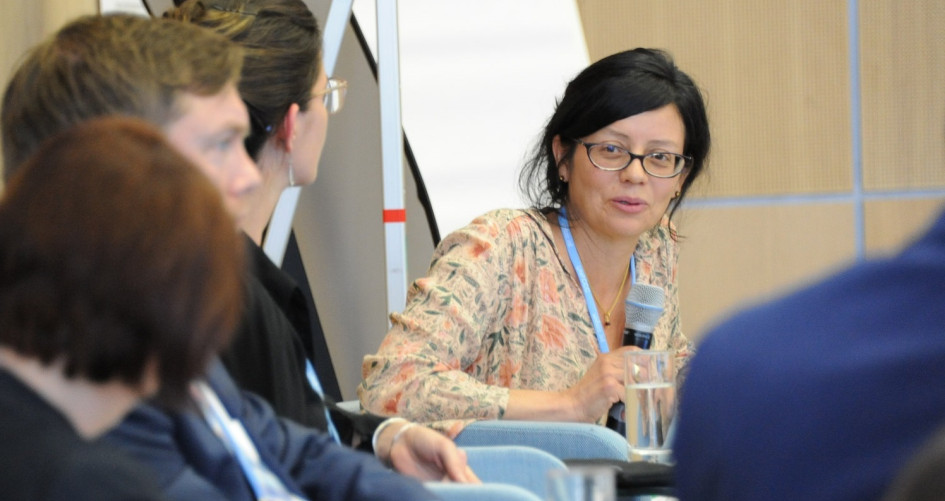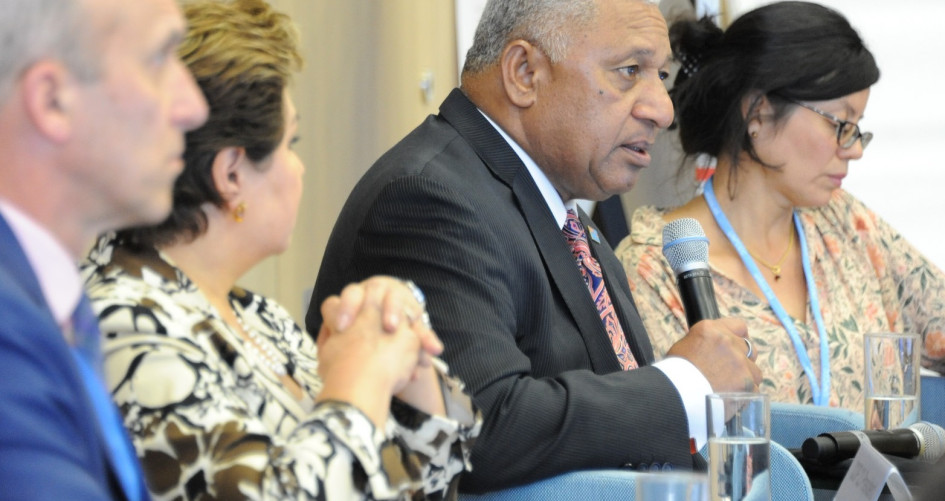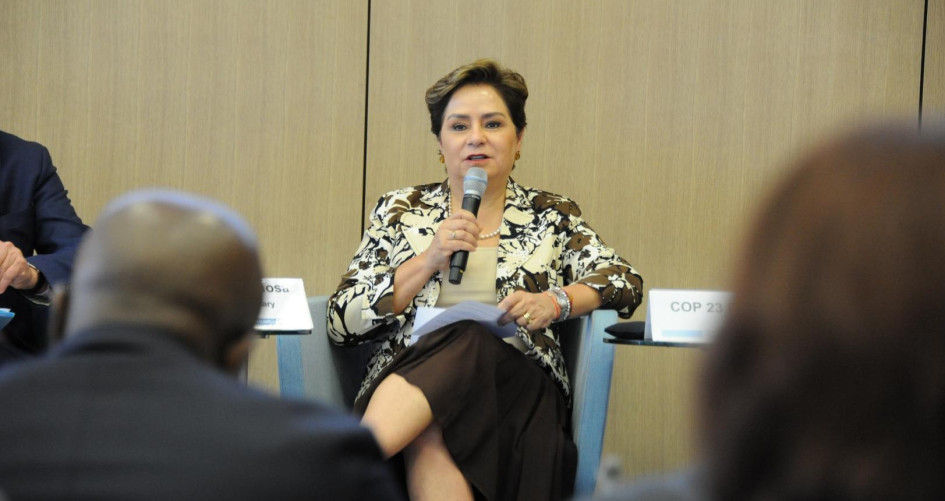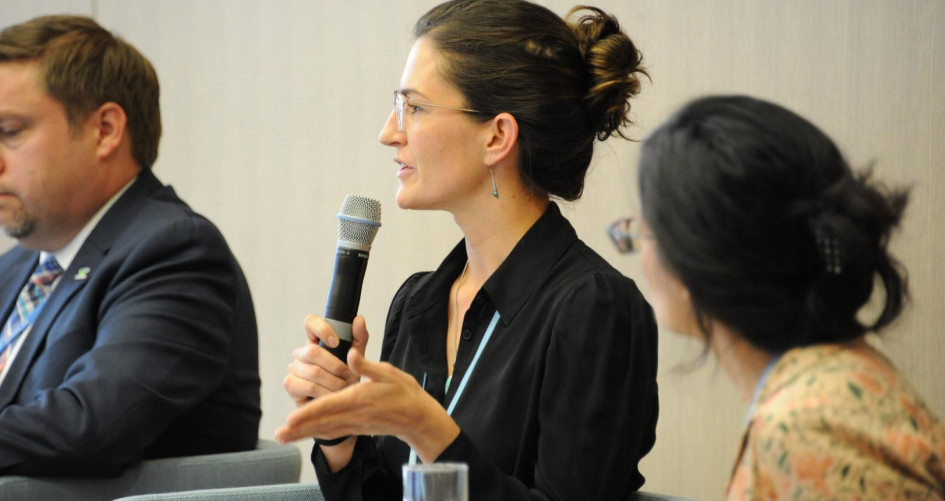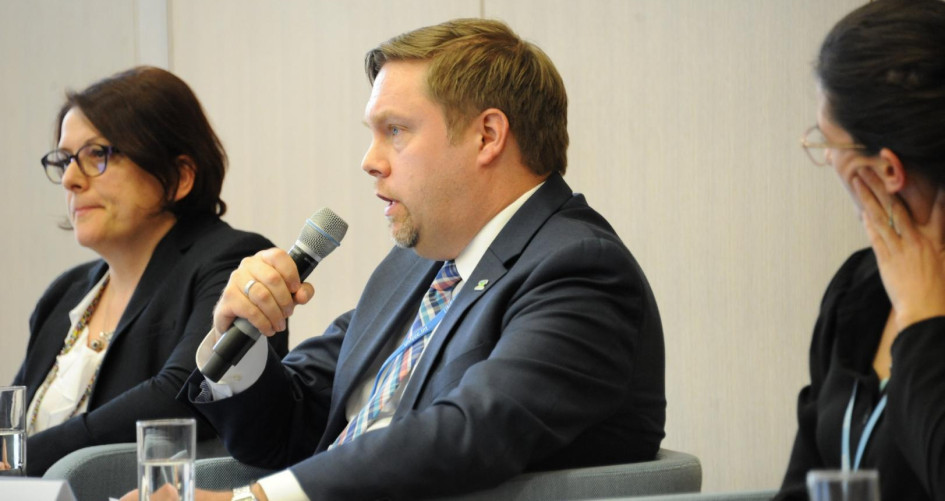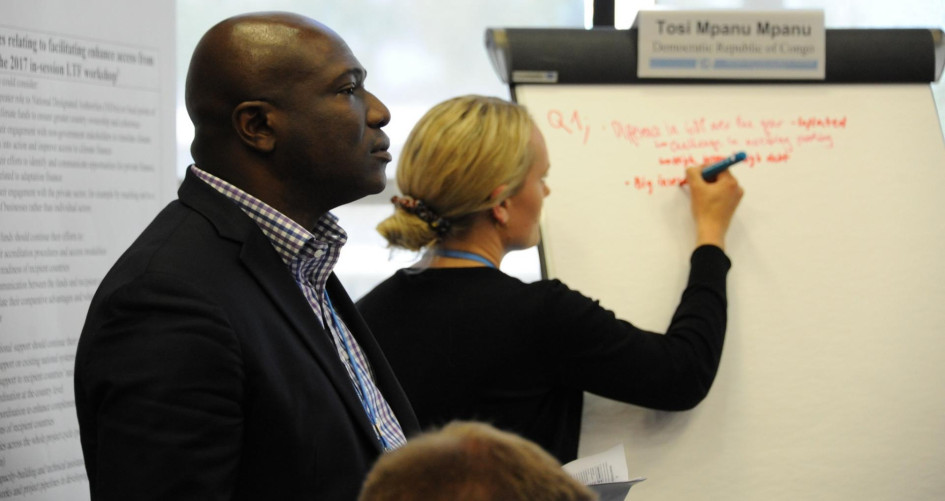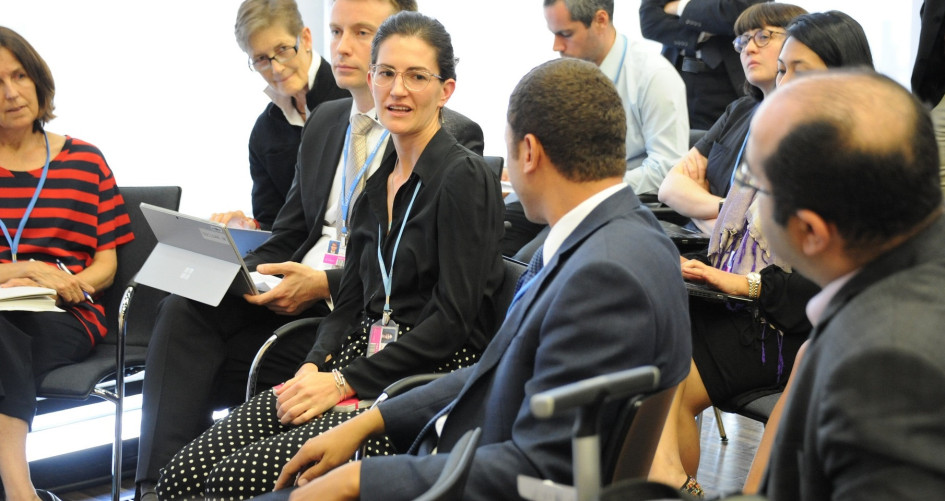2018 In-session Workshop on Long-term Climate Finance
Date and time: 7 May 2018 15:00–18:00 and 8 May 2018 15:00–18:00
Venue: Room Nairobi, WCCB, Bonn, Germany
Participation: Open to all Parties and observers attending the UNFCCC Climate Change Conference
Background
In accordance with decision 7/CP.22, the in-session workshops on long-term climate finance (LTF) in 2017 and 2018 will, with a view to scaling up climate finance for mitigation and adaptation, focus on experiences and lessons learned from:
- Articulating and translating needs identified in country-driven processes into projects and programmes;
- Roles of policies and enabling environments for mitigation and adaptation finance;
- Facilitating enhanced access.
Objectives
The main objective of the in-session workshops on long-term climate finance in 2017 and 2018 is to facilitate technical and action-oriented discussions on the topics stated above and generate, in the measure possible, concrete findings and conclusions to be considered by the COP. The outcomes will also inform the deliberations at the High-level Ministerial Dialogue on Climate Finance at the COP in 2018, which will be organized by the COP Presidency.
Report
Summary report by the secretariat
Programme
Programme (final version)
